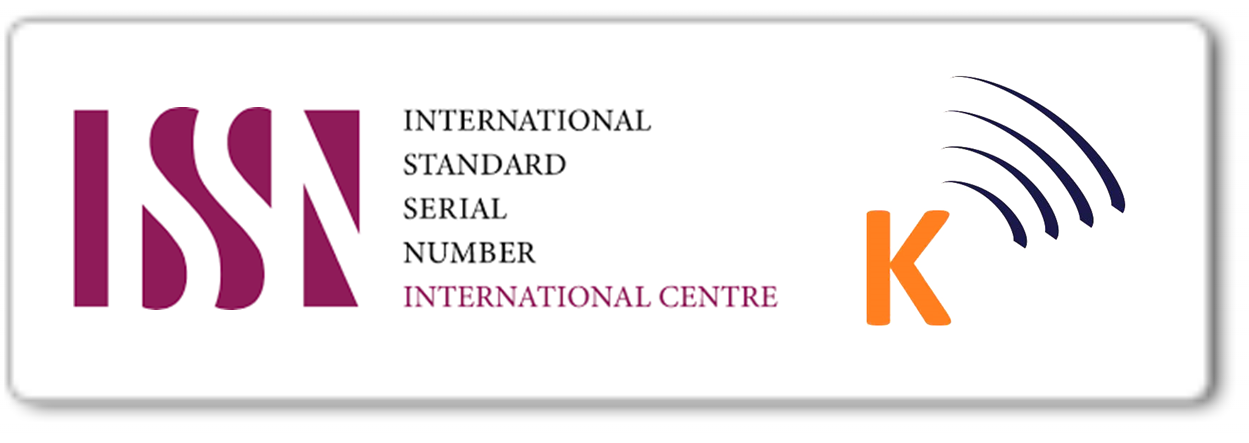PENGARUH MOTIVASI DAN KETERAMPILAN BERKOMUNIKASI TERHADAP PRESTASI BELAJAR MAHASISWA PADA TUTORIAL ONLINE BERBASIS PENDEKATAN KONTEKSTUAL PADA MATAKULIAH STATISTIKA PENDIDIKAN
Keywords: communication skills, learning motivation
Abstract
Student achievement for Statistics for education course at Universitas Terbuka (UT) is relatively low. Students need learning process that can increase learning motivation. Contextual approach is a learning process where students can understand the concept through its application in daily life which supposedly will increase learning motivation. Online tutorial is one of learning support services provided by the UT via the internet. By utilizing the discussion forums, initiation material, assignments and exercises, students can improve their communication skills so as to facilitate their learning. This article is based on the research which aimed to find out how motivation and communication skills influenced the learning achievement in online tutorials with contextual approach on Statistics for education course. Field trials were carried out in 36 undergraduate students who followed the online tutorials. The independent variable is motivation and communication skills, while the dependent variable is the learning achievement. Data were taken through questionnaires and observation and processed by means of regression test. The results showed that: a) motivation affect learning achievement by 88.7%, b) communication skills has a positive effect on learning achievement by 74.7%, and c) the influence of motivation and communication skills to the learning achievement was 89.7%.
Downloads
References
Cocea , M. (2010). Motivation Include or Excluded from e-learning. Diambil tanggal 27 ovember 2010 dari: http://citeseerx.ist.psu.edu/viewdoc/download?doi=10.1.1.75.520.
Hanafi. (2008). The applications of e-learning in tutorial process. Jurnal Pendidikan Terbuka dan Jarak Jauh, 9 (1), 24-30.
Hardjo, S. & Badjuri. (2000). Pengaruh motivasi berprestasi dan cara belajar terhadap prestasi belajar siswa sekolah dasar di Kabupaten Semarang. Jurnal Pendidikan. 1(2):134-143.
Keller, J. (2000). How to integrate learner motivation planning into lesson planning: The ARCS model approach. Paper presented at VII Semanario, Santiago, Cuba.
Levi, O. (2009). Teaching scientific communication skills in science studies: Does it make a difference. International Journal of Science and Mathematics Education. 7, 875-903.
Libman, Z. (2010). Integrating real-life data analysis in teaching descriptive statistics: A constructivist approach. Journal of Statistics Education. 18 (1), 1-25.
Mallet, G. (2008). Asynchronous online collaboration as a flexible learning activity and an authentic assessment method in an undergraduate mathematics course. Eurasia Journal of Mathematics, Science & Technology Education.
Noviyanti, M. (2006). laporan penelitian kesiapan tutor universitas terbuka dalam memanfaatkan fasilitas tutorial online. Jakarta: Universitas Terbuka
NCTM. (2000). Principles and standards for school mathematics. USA: The National Council of Teachers of Mathematics, Inc.
OECD. (1999). Measuring knowledge students and skills. France: The Organisation for Economic Co-operation and Development (OECD. Diambil tanggal 23 Februari 2011 dari: http://www.oecd.org/dataoecd/45/32/33693997.pdf.
Pusat Pengujian UT (Pusjian). (2009). Daftar nilai matakuliah statistika pendidikan program pendas dan non pendas. Universitas Terbuka.
Saxena, M. (2010). Learner analysis framework for globalized e-learning. A Dissertation Presented in Partial Fulfillment Of the Requirements for the Degree Doctor of Philosophy Capella University.
Sfenrianto. (2009). Model adaptive r-learning system (AES) berbasis motivasi mahasiswa. Diambil tanggal 13 Februari 2011 dari: www.cs.ui.ac.id/download/71.
Smith, R. (2008). Motivational factors in e-learning. Diambil tanggal 13 Desember 2010 dari: http://www.discreate.org/ruthcsmith/GWU%20Papers/Motivation.pdf
Soekisno, R. (2009). Membangun keterampilan komunikasi matematika. Tulisan disampaikan pada seminar Internasional di UIN Syarif Hidayatullah Jakarta.
Suparno, P. (2001). Teori perkembangan kognitif jean piaget. Yogyakarta: Kanisius.
Susanti. (2007). Pengaruh faktor internal mahasiswa terhadap partisipasi mahasiswa dalam tutorial online. Jurnal Pendidikan Terbuka dan Jarak Jauh, 8 (1), 68-82.
Tella, A. (2007). The impact of motivation on students academic achievement and learning outcomes in mathematics among secondary school students in Nigeria. Eurasia Journal of Mathematics, Science & Technology Education, 3 (2), 149-156.
Trianto. (2009). Mendesain model pembelajaran inovetif-progresif (konsep, landasan, dan implementasinya pada kurikulum tingkat satuan pendidikan (KTSP). Jakarta: Kencana.







